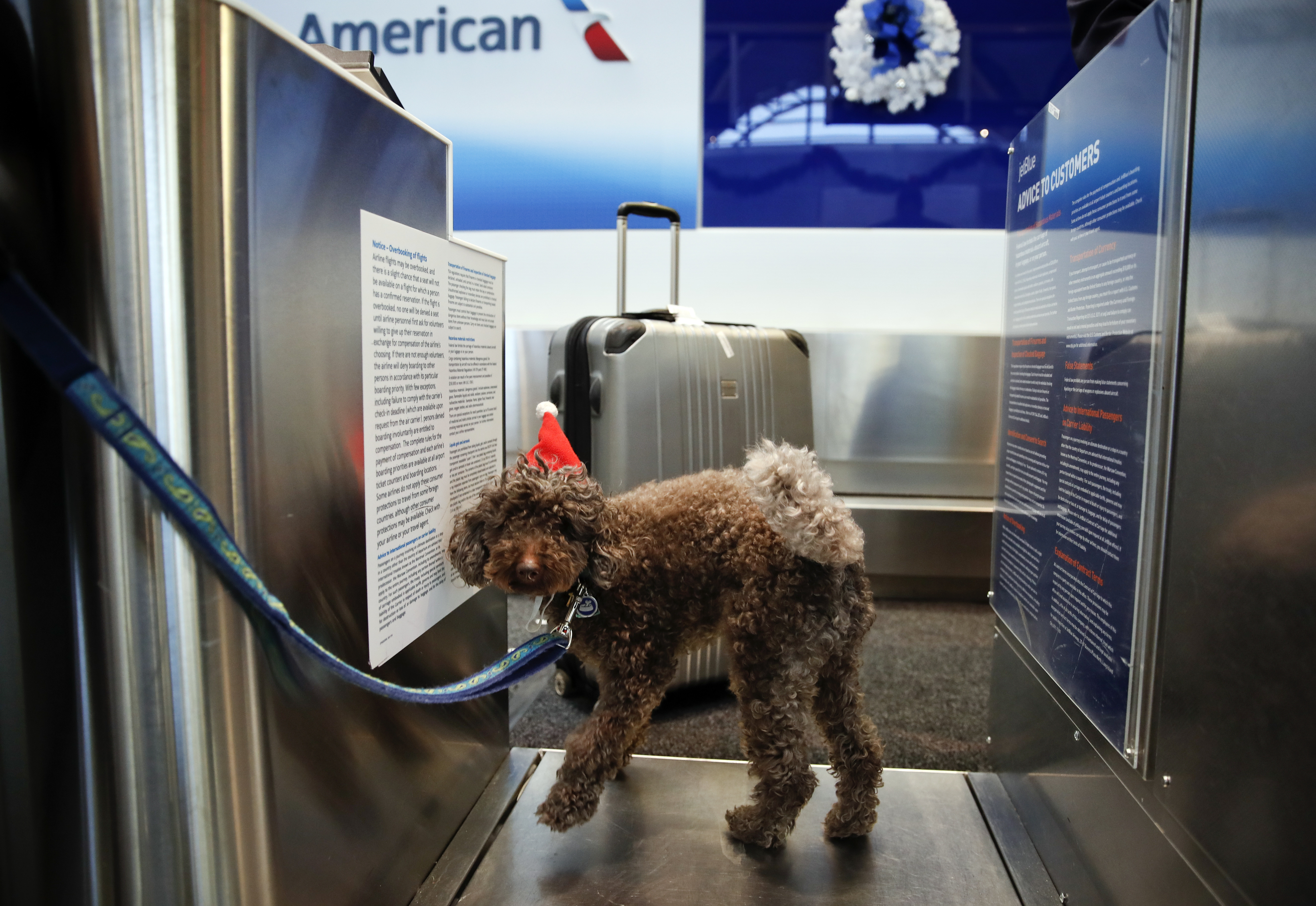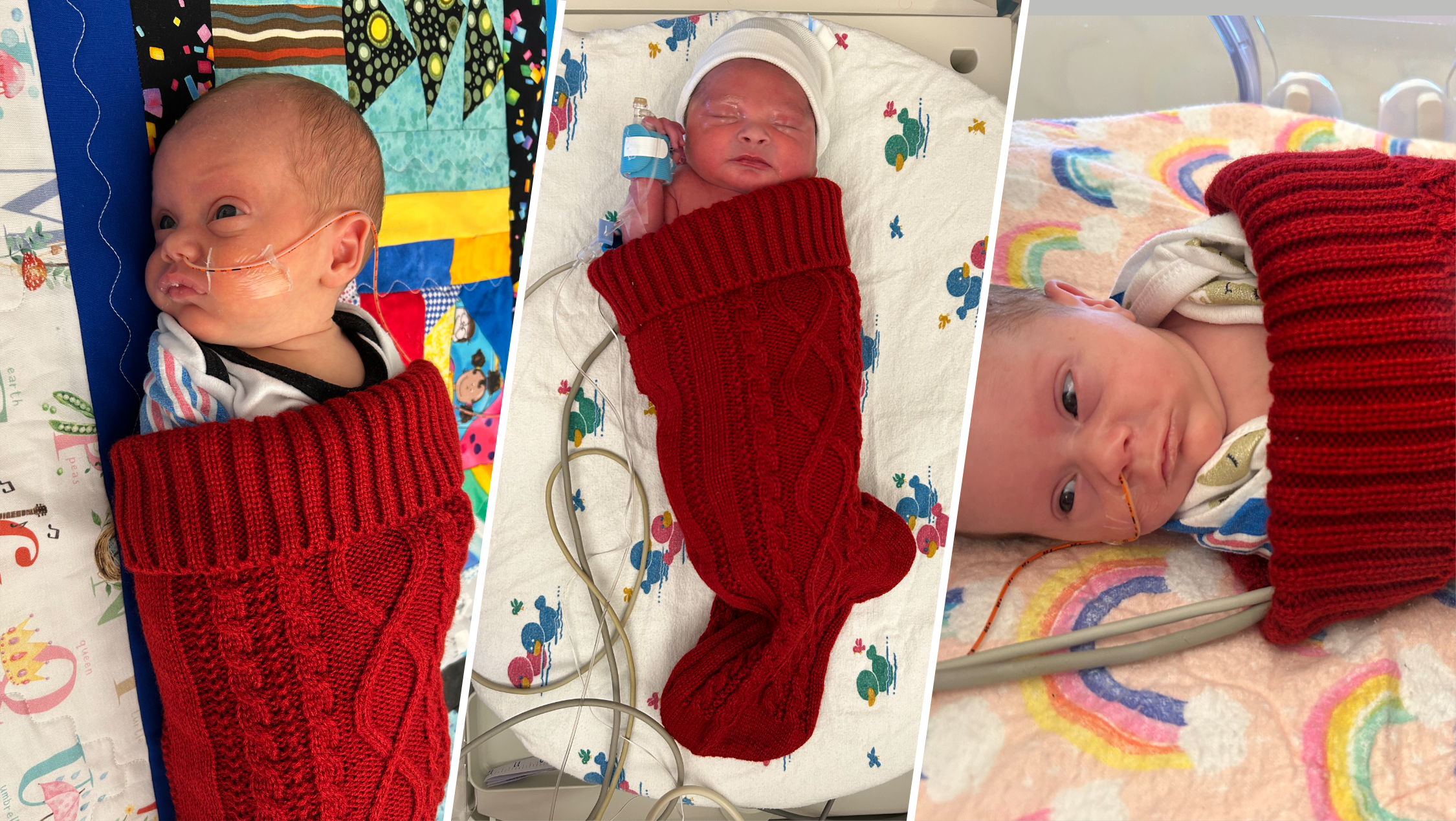Three Republican mayoral candidates struggled to distinguish themselves from one another in a civil but feisty Wednesday debate, voicing support for outgoing Mayor Michael Bloomberg's policies on stop-and-frisk, homeland security and public-school testing.
Asked at the start how they'd react to one of their children getting questioned by police, none of the candidates -- whose families are white -- said they'd necessarily have a problem with it.
A federal judge ruled this summer that New York's stop-and-frisk policy was unconstitutional.
"I'd say to him, 'What did you do to provoke it?'" billionaire businessman John Catsimatidis said of his son, John Jr.
Joseph Lhota, the former MTA chairman and Giuliani administration official, said he'd remind his daughter, Kathryn, of the legal history that allowed police to interrogate suspects, and try to determine whether the officers crossed the line.
Doe Fund founder George McDonald stumbled over the question, but gathered his thoughts and said his child didn't live in a high-crime neighborhood. "My son, John, isn't going to get stopped — and that's the whole point."
That was about as sharp as the candidates got in their responses to a myriad of policy questions during the hour-long debate, in which they frequently strayed from topics and took brief diversions to lob criticisms at one another.
Local
The most aggressive was McDonald, who trails badly in the polls and seemed eager to bring Catsimatidis down with him.
McDonald first accused Catsimatidis of refusing to release his tax returns.
Later, McDonald noted that Catsimatidis had cut pensions at an oil refinery he'd acquired -- a move that has been blocked by a federal judge.
At one point Catsimatidis issued a blanket rebuttal of all McDonald's criticisms.
"Mr. McDonald doesn't know what he's talking about," he said.
Lhota, the front-runner, largely managed to avoid the fray. An exception came on a meandering discussion of public housing. At one point, Catsimatidis said he'd put a police officer in every high-crime NYCHA-run building. Lhota dismissed that as fiscally and logistically untenable.
The two men argued over the math. Lhota blurted, "Don't make up numbers."
Catsimatidis loudly protested that he wasn't making anything up.
"Why are you so angry?" Lhota said.
"I'm not," Catsimatidis replied.
The three candidates are battling for the right to represent the GOP on the Nov. 5 mayoral ballot. Although a Democrat hasn't won a mayoral race since 1989, the eventual Republican nominee faces steep odds. Democrats outnumber Republicans 6-to-1 in New York City, and polls show that the Democratic nominee would likely beat the Republican badly.
The candidates will again debate on Sept. 8, to be broadcast on NBC 4 New York.
The GOP primary will be held Sept. 10. If no single candidate wins 40 percent of the vote, then the top two will face each other in an Oct. 1 runoff.
Meet the Candidates: Joseph Lhota
For much of the primary campaign, all three Republicans have praised Bloomberg, a former Democrat who switched to the GOP before going independent in 2007. Much of their proposals revolve around continuing what Bloomberg has already advocated — from stop-and–frisk to taking a hard line on union contracts to closing failing schools and replacing them with charters.
That pattern continued at Wednesday's debate, where the candidates' answers didn't diverge much on any major policy issues.
They all said they'd oppose bringing private management to public housing. They all said they didn't currently see a reason to reverse Bloomberg's shutting parts of Times Square and Herald Square to car traffic. They all said they would not seek to opt out of the state's standardized testing program.
Lhota and Catsimatidis said they supported the NYPD's program of spying on mosques as part of its anti-terrorism efforts. McDonald seemed not to know about the tactic, which had been reported by the Associated Press earlier in the day. "I look forward to reading more about it," he said.
Meet the Candidates: George McDonald
All three were vague on how they'd plan against a biological or chemical attack on the city.
In a moment of dissent with Bloomberg, Lhota and Catsimatidis said they did not agree with the mayor's attempt to ban the sale of large sugary drinks.
Other differences emerged in a discussion on how to deal with the rising costs of municipal pensions.
The city has an expected $2 billion budget deficit next year, and public pensions will cost more than $8 billion.
Catsimatidis suggested moving newly hired workers into a 401(k). McDonald said he'd try to offset pension costs by having workers pay more for their health insurance. Lhota endorsed a "defined contribution" plan, which might include a 401(k).
Now and then, the candidates revealed bits of new policy ideas. Lhota, for instance, said he'd try to eliminate asthma. Catsimatidis suggested that he'd try to offer public housing tenants opportunities to buy their apartments. McDonald said he'd put city workers "on Obamacare."
The candidates were also asked about their physical health. Lhota, who has battled and beat lymphoma, said he remained cancer-free but took blood-pressure medication. Catsimatidis said he had diabetes and also took blood-pressure drugs. McDonald wouldn't say what kind of prescription drugs he took, but offered that his doctor had told him he was "in vigorous health."
All said they'd release their medical records if elected.
There were a few moments of levity, usually at the hands of Catsimatidis.
The loudest laughs came during a "lightning round," in which the candidates were asked if the city ought to hand out "bigger and better" condoms to teenagers. All three struggled to keep a straight face.
After regaining his composure, Catsimatidis said he disagreed with the idea of passing out condoms to "underage kids without their parents' permission."
When a panelist pointed out that it was already city policy, Catsimatidis said: "I believe we should buy the strongest condoms we can get."
The live audience roared.
Meet the Candidates: John Catsimatidis
Asked if they'd follow Bloomberg's lead and take a $1 annual salary, Lhota and McDonald said no. Catsimatidis, who owns the Gristedes supermarket chain, said he'd take "99 cents, because I was a grocer."
The debate closed with a request for each candidate to say something nice about the others.
Lhota said his rivals had wonderful families.
Catsimatidis said something similar, and insisted that, despite evidence to the contrary — he has aired television advertisements sharply critical of Lhota — he really did like the former MTA chief.
Lhota shook his head.
McDonald quipped that the only reason Catsimatidis liked him was because the billionaire had once given him a million-dollar mortgage with 11 percent interest.



